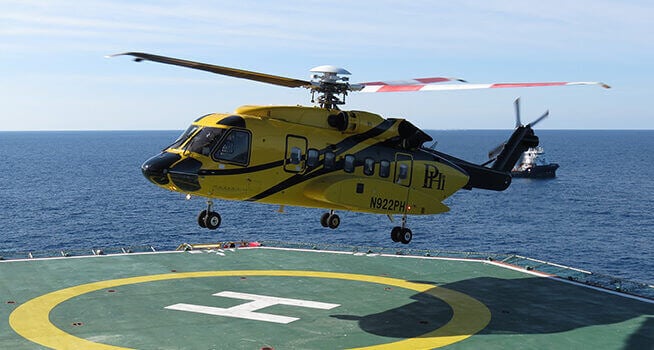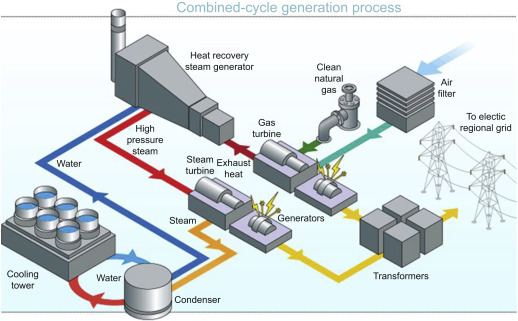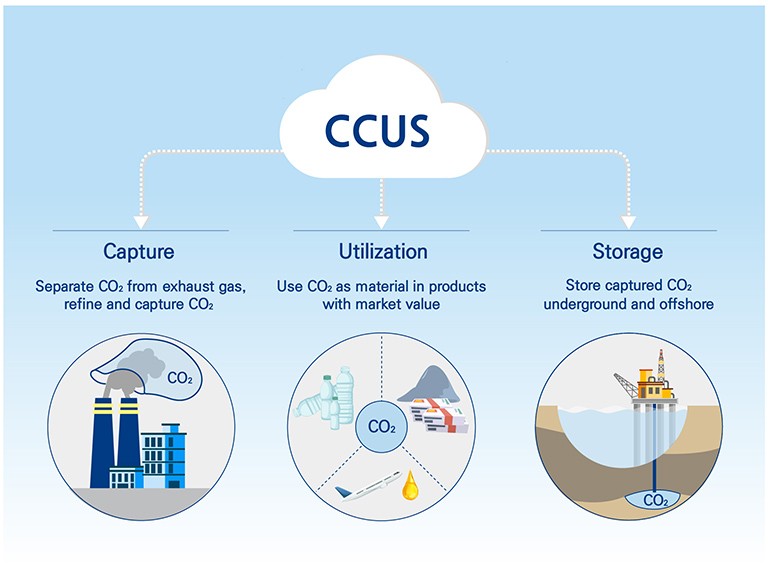Climate Change and the Gulf of Mexico
Climate change is a global phenomenon that has the potential to significantly impact various industries and geographic regions. One such area greatly affected by climate change is the Gulf of Mexico, a vital hub for oil and gas operations. This blog will explore the three primary effects of climate change on oil and gas operations in the Gulf of Mexico and discuss the implications for the industry.
Rising Sea Levels and Increased Flooding Risks
Climate change leads to rising sea levels due to the melting of polar ice caps. In the Gulf of Mexico, this poses a significant threat to oil and gas operations. The region is prone to hurricanes and tropical storms, which are becoming more frequent and intense due to climate change. As sea levels rise, the risk of coastal flooding increases, endangering offshore drilling rigs, pipelines, and other infrastructure. This poses a considerable challenge for oil and gas companies as they have to invest in adapting their facilities to withstand these new risks.
More Intense Storms and Severe Weather Events
The warming of the Earth's oceans contributes to the intensification of storms and weather events. The Gulf of Mexico has historically experienced hurricanes, but with climate change, these storms are becoming more severe. Stronger hurricanes can cause extensive damage to offshore drilling platforms and disrupt production for an extended period. In addition, severe storms can delay transportation of oil and gas products, impacting the entire supply chain. The increased frequency and intensity of such weather events are a significant concern for the stability and profitability of oil and gas operations in the Gulf of Mexico.
Changing Ecosystems and Marine Life
Climate change is causing shifts in the Gulf of Mexico's ecosystems and marine life. Rising water temperatures and ocean acidification are impacting coral reefs, which provide important habitats for a diverse range of marine species. Changes in the population and migration patterns of marine organisms can affect the operations of oil and gas companies. For instance, drilling activities may need to be adjusted or curtailed during certain times of the year to minimize harm to vulnerable species or protect important breeding grounds. Thus, climate change-induced alterations in marine ecosystems necessitate more careful monitoring and management of oil and gas operations.
Final Thoughts
Climate change presents significant challenges to oil and gas operations in the Gulf of Mexico. Rising sea levels and increased flooding risks, more intense storms and severe weather events, and changing ecosystems all pose threats to infrastructure, production, and the environment. Recognizing these effects, the industry must adapt by investing in more resilient and climate-proof infrastructure, disaster preparedness strategies, and sustainable practices. Additionally, collaboration with regulators and stakeholders can help develop solutions to mitigate the impact of climate change on oil and gas operations in the Gulf of Mexico, ensuring the long-term viability of the industry while safeguarding the environment. Here at Onward our HSE Advisors provide support and key insight into Environmental factors and policies. Learn more about them here!



